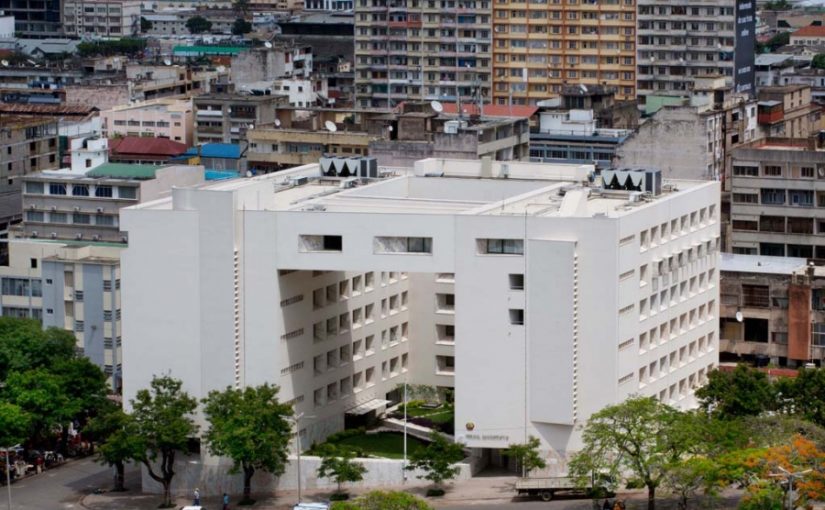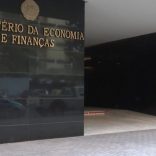Mozambique: Government expects debt service to pressure accounts until 2028
Mozambique: Administrative Tribunal promises news about “hidden debts”

File photo
Four months after the Mozambican Attorney-General’s Office (PGR) sent the case of Mozambique’s “hidden debts” to the Administrative Tribunal nothing at all seems to have happened – but on Tuesday, the Tribunal’s spokesperson, Jeremias Zuande, announced that there would soon be news about the case.
The “hidden debts” constitute the greatest financial scandal since Mozambican independence in 1975. The term refers to the government guaranteed loans for over two billion US dollars which the security-related companies Ematum, Proindicus and MAM had obtained in 2013-2014 from the banks Credit Suisse and VTB of Russia.
It was known from the start that the government guarantees were illegal since they smashed through the ceiling on guarantees established in the 2013 and 2014 budget laws. They also violated a clause in the Mozambican constitution which states that only the Mozambican parliament, the Assembly of the Republic, can authorise such debts.
The PGR started investigating the loans and guarantees in 2015. Further data on likely financial crimes comes mainly from the independent audit into the three companies by Kroll Associates, the world’s foremost forensic auditing company. The PGR has been in possession of the Kroll audit report since April 2017, and published the executive summary of the report in June 2017. But it was not until 29 January this year that the PGR announced that it had submitted the matter to the Administrative Tribunal.
A PGR note of January said it had asked the Tribunal to hold financially responsible those public managers involved in the illicit loans. Prior to this note, it was generally assumed that this investigation fell under the PGR’s own remit.
When she addressed the Assembly in April, Attorney-General Beatriz Buchili did not explain the delay, but merely claimed that dumping possible financial offences into the lap of the Administrative Tribunal was legally the correct thing to do.
Sceptics regarded it as another delaying tactic, pushing any potential charges, not to mention trials, of those involved in the illicit loans into an indefinite future.
Speaking to journalists on the sidelines of an international seminar on the auditing of public works, Zuande claimed that the Tribunal is undertaking “technical work” in investigating the loans and guarantees, but he could give no date for when any conclusions might be announced, except that it would be “shortly”.
But the longer the Tribunal and the PGR delay, the longer Mozambique will suffer from the freezing of financial aid from some of its key partners. Immediately after the full extent of the loans became public, in April 2016, the International Monetary Fund (IMF) suspended its programme with Mozambique. All 14 donors who used to provide direct support to the Mozambican state budget suspended further disbursements and have not resumed.
The key condition for resuming normal relations with the IMF and the donors is that the government complete the Kroll audit, which was hamstrung by the refusal of the management of the three companies to cooperate fully, and thus explain exactly what happened to all the money.












Leave a Reply
Be the First to Comment!
You must be logged in to post a comment.
You must be logged in to post a comment.